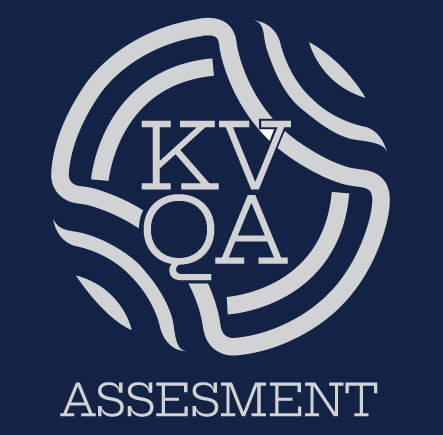ISO AUDIT
ISO AUDIT:
ISO (International Organization for Standardization) audits are the key to ensuring that your organization operates at the highest standards of quality, safety, and efficiency. At the heart of every ISO audit lies a commitment to continuous improvement and excellence. Our ISO audit services are designed to help you navigate the complex landscape of international standards and regulations. Whether you're pursuing ISO 9001 for quality management, ISO 14001 for environmental management, or any other ISO standard, our team of experienced auditors is here to guide you every step of the way.


ISO 27001:2022:
ISO/IEC 27001:2022 specifies the requirements for establishing, implementing, maintaining and continually improving an information security management system within the context of the organization. It also includes requirements for the assessment and treatment of information security risks tailored to the needs of the organization. The requirements set out in ISO/IEC 27001:2022 are generic and are intended to be applicable to all organizations, regardless of type, size or nature
An Information Security Management System (ISMS) is a systematic approach to managing and safeguarding sensitive company information to ensure its confidentiality, integrity, and availability. The ISMS provide a framework for establishing, implementing, monitoring, reviewing, and continually improving information security practices within an organization.
ISO 27701:2019
This standard specifies requirements and provides guidance for establishing, implementing, maintaining and continually improving a Privacy Information Management System (PIMS) in the form of an extension to ISO/IEC 27001 and ISO/IEC 27002 for privacy management within the context of the organization. This standard specifies PIMS-related requirements and provides guidance for PII controllers and PII processors holding responsibility and accountability for PII processing.
This document is applicable to all types and sizes of organizations, including public and private companies, government entities and not-for-profit organizations, which are PII controllers and/or PII processors processing PII within an ISMS.
Some key points of PIMS:
Data Control
Transparency
Consent Management
Data Minimization
Security
Access and Correction
Anonymization and Pseudonymization
Data Portability
Data Retention
Education and Empowerment
Compliance with Regulations
Privacy by Design
Accountability
